Capitalism Isn’t Working–But It Can be Saved
American’s pride themselves on the economic freedom that comes with capitalism. What’s not to love? It brings efficiency, innovation, economic growth and more. While it is ingrained in every American that capitalism is the best economic system -indeed, it’s proven to be the engine of our modern society- its downsides are too often ignored.
We all love capitalism, until we get hurt by it. Many don’t recognize that this economic system only helps a small percentage of the population. During this pandemic, many families were hit hard with 13% of Americans unemployed; however, the 660 billionaires of the United States experienced a 38.6% gain in their cumulative net worth. Their money now totals $4.1 trillion according to Forbes. How is it that we are indifferent to the rich having experienced such a massive gain in wealth while so many families are losing jobs?
Our current state of capitalism no longer works. From the 1980s to current day, the bottom 60 percent’s household’s real income has not seen true growth. The top 40% of earners have increased their real household incomes by over 40,000 dollars. In the 1970s, over 80% of 30-year-olds earned more than their parents. The present day number is only 50% according to the Harvard Law School Forum on Corporate Governance. The top 5 percent’s real wage gain has doubled since 1970, while the lowest fifth’s has stayed stagnant. Clearly this system no longer works like it used to. If it does work, it is only for the wealthy.
While I am critical of this economic system, it can be saved. According to Ray Dalio, a well respected businessman and economist, “everything must evolve or die, and … these principles now apply to capitalism.” Our system rewards innovations in technologies, but hurts the workers replaced by them. We now go overseas for cheaper production and leave American workers behind. The wealthy Americans compound their wealth because they can easily get loans, while the poorer Americans can’t because banks don’t trust them. It’s an endless cycle that only benefits the well off. As stated by Neil Irwin from the New York Times, “capitalism can save the day — but only when the government exercises its power to guide the economy.” If our industries and government continue innovation without getting rid of the workforce, bring production back to the US, and allow the less affluent to gain wealth, this system can work for all. Granted, the wealthy might take a hit during this process, but most of them have enough money to last generations. This system can be saved, but Americans have to be willing to save it.
Darya Pahlavan is a junior at Rio Americano High School.





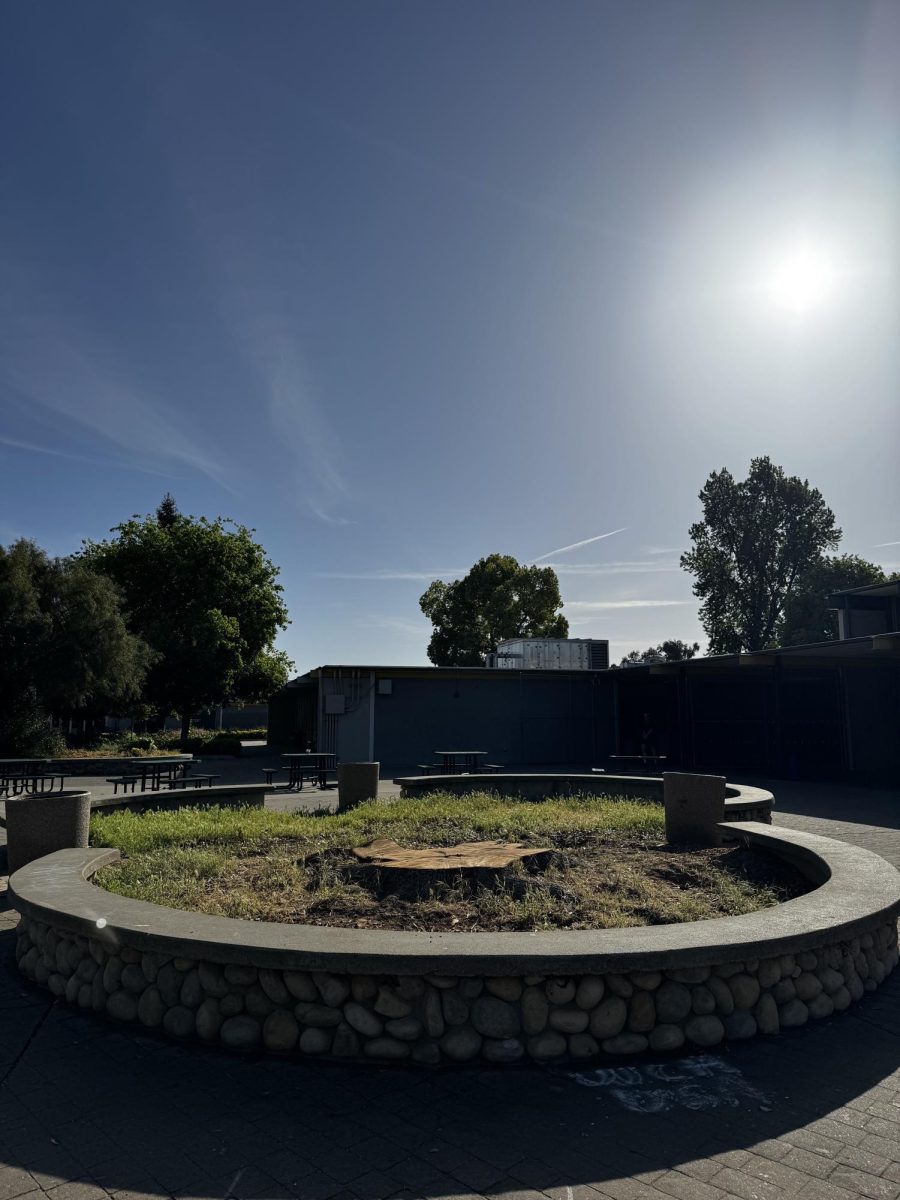










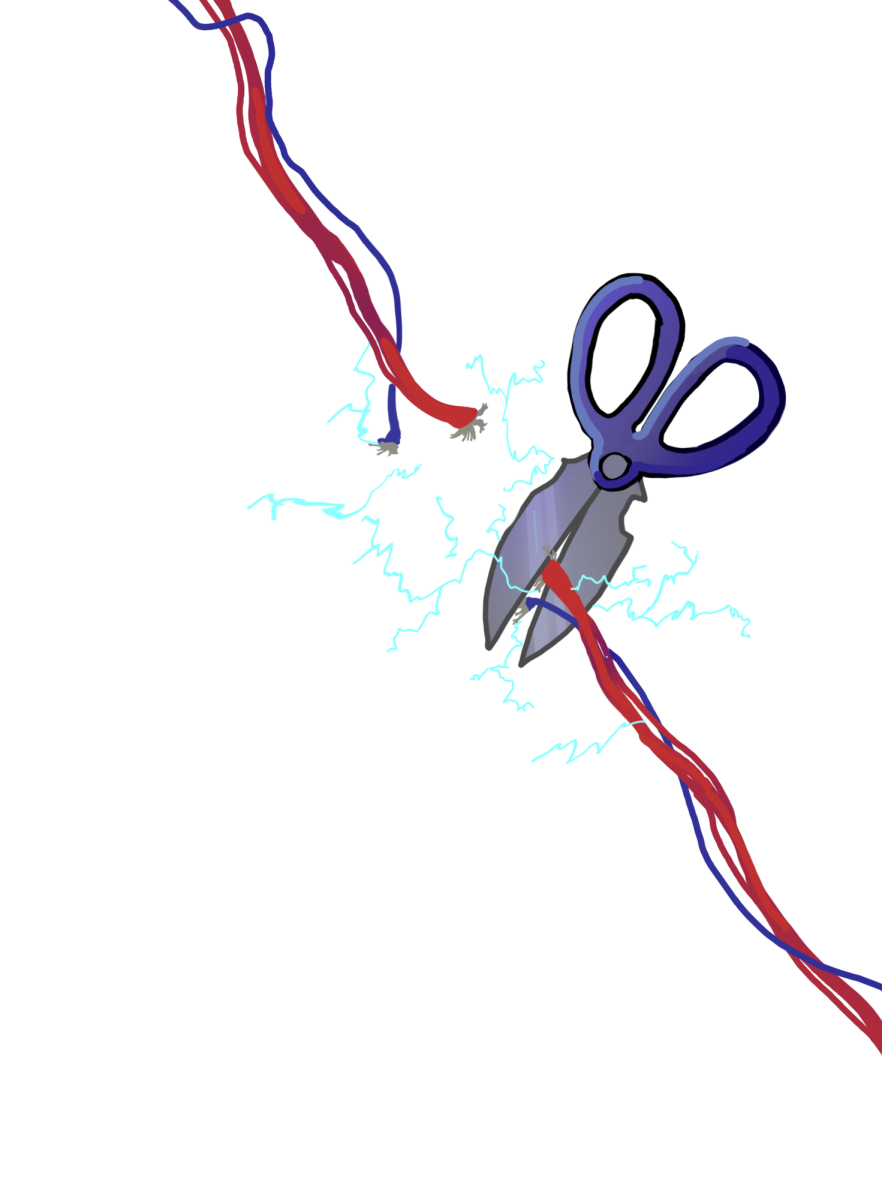

















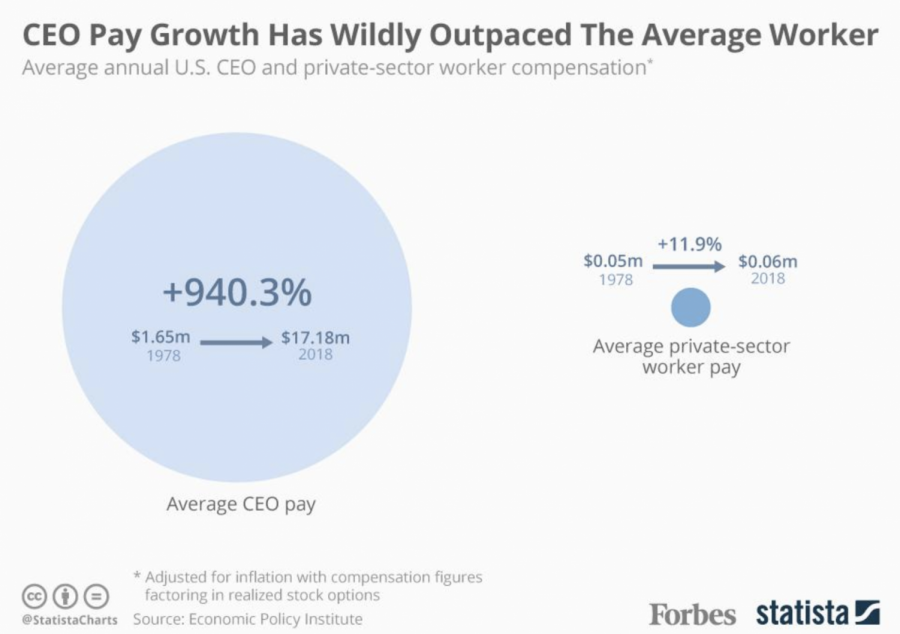


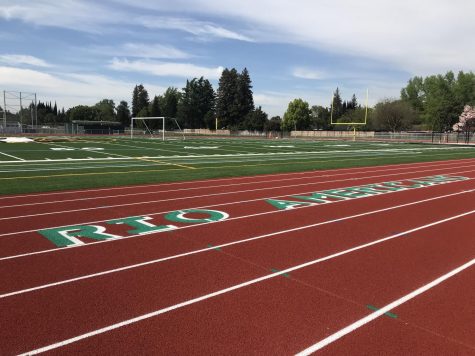

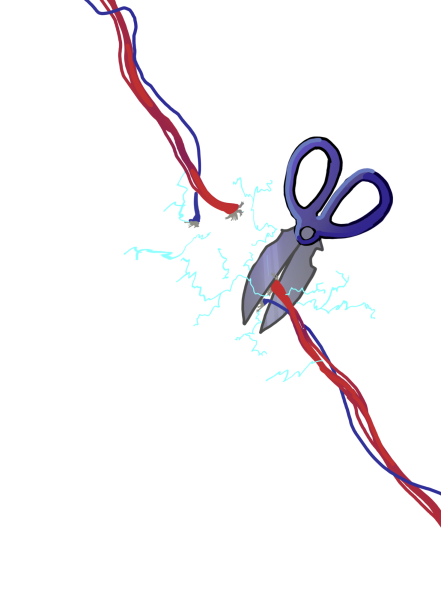
Hannah Lee • May 31, 2021 at 11:03 PM
I would have to agree with the other comments on this essay as well as what you wrote. Your writing helped me understand a bit further on improving society and capitalism. This is a very educational and well-written essay!
Jolie • May 31, 2021 at 11:09 AM
I really like your perspective on the subject, and agree that Americans have to be willing to work toward a solution rather than carrying on with how it has been.
Dean D • May 23, 2021 at 11:36 PM
“capitalism can save the day — but only when the government exercises its power to guide the economy.”
Interesting that the only way to save capitalism is to abandon its core tenant of government neutrality. This suggests that capitalism is fundamentally flawed and that we must indulge other economic systems. Government guiding the economy? That is a step towards socialism. Our obsession with pure and unfettered capitalism is holding us back from a better economic system. Lets save our country, not capitalism.
Nikhil Patel • May 21, 2021 at 7:11 PM
I would agree that capitalism has to be modified. The richest have only gotten richer, and there is no need for someone to have tens of billions of dollars in my opinion. This amount of wealth is over excessive and is for the most part achieved by exploiting the lowest earners, who are paid insufficient wages. Instead, the government must intervene and provide a better work environment and income through regulation and local production for the bottom 50%.
Ajeeth Iyer • May 21, 2021 at 5:45 PM
You made some very interesting counterpoints! This kind of discussion is good for not only improving our society but also for understanding the different perspectives of every American that participates in our capitalist economy.